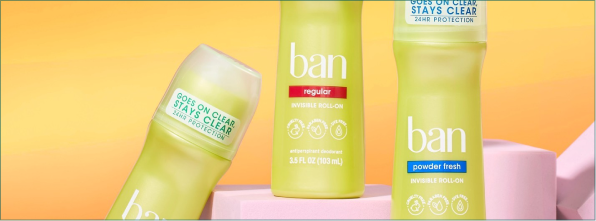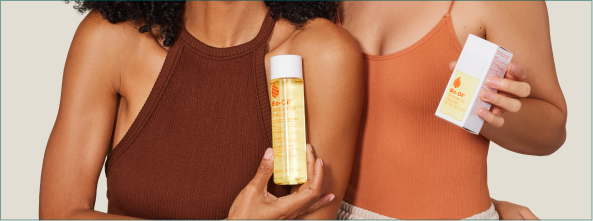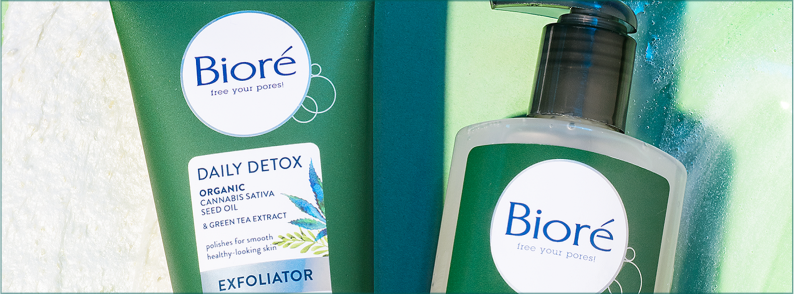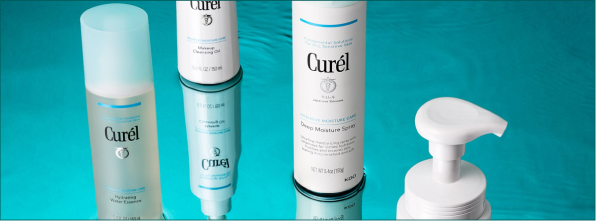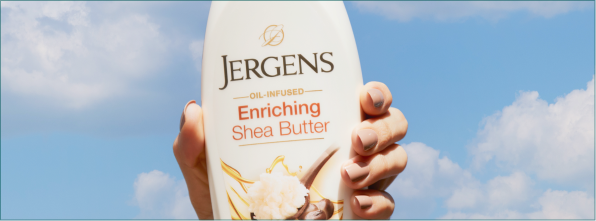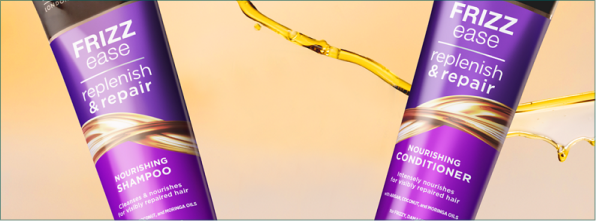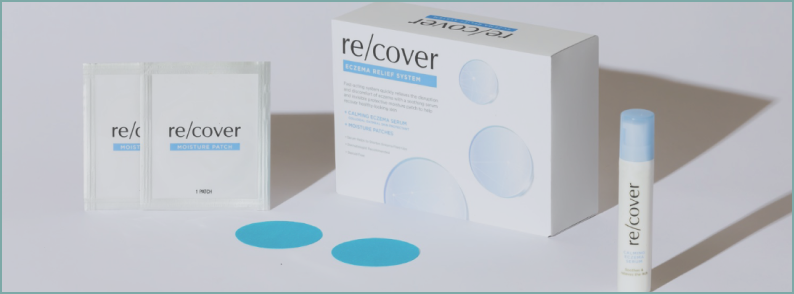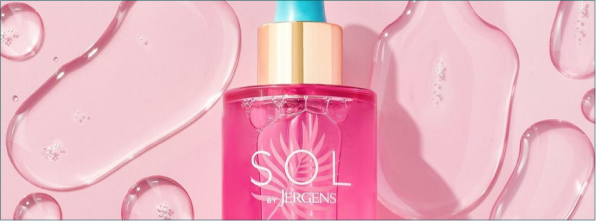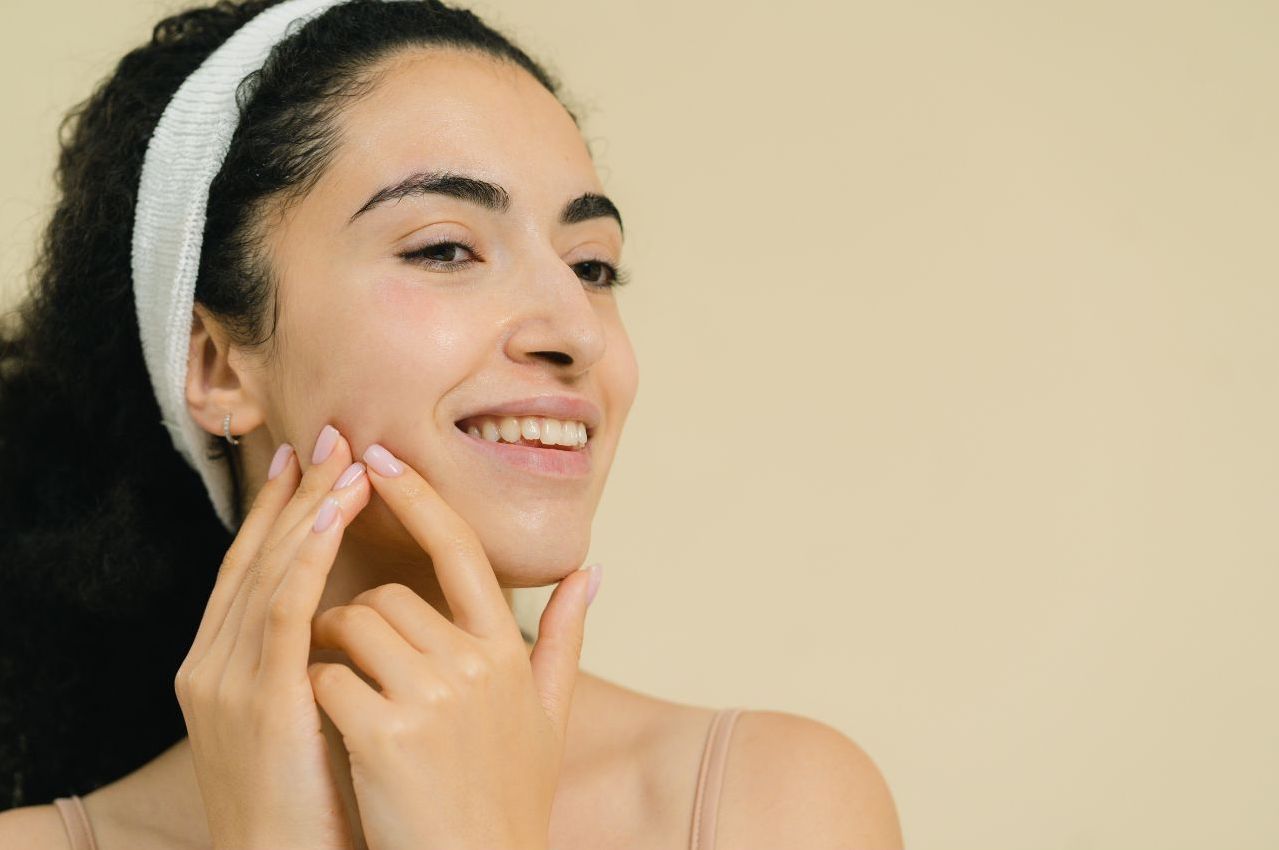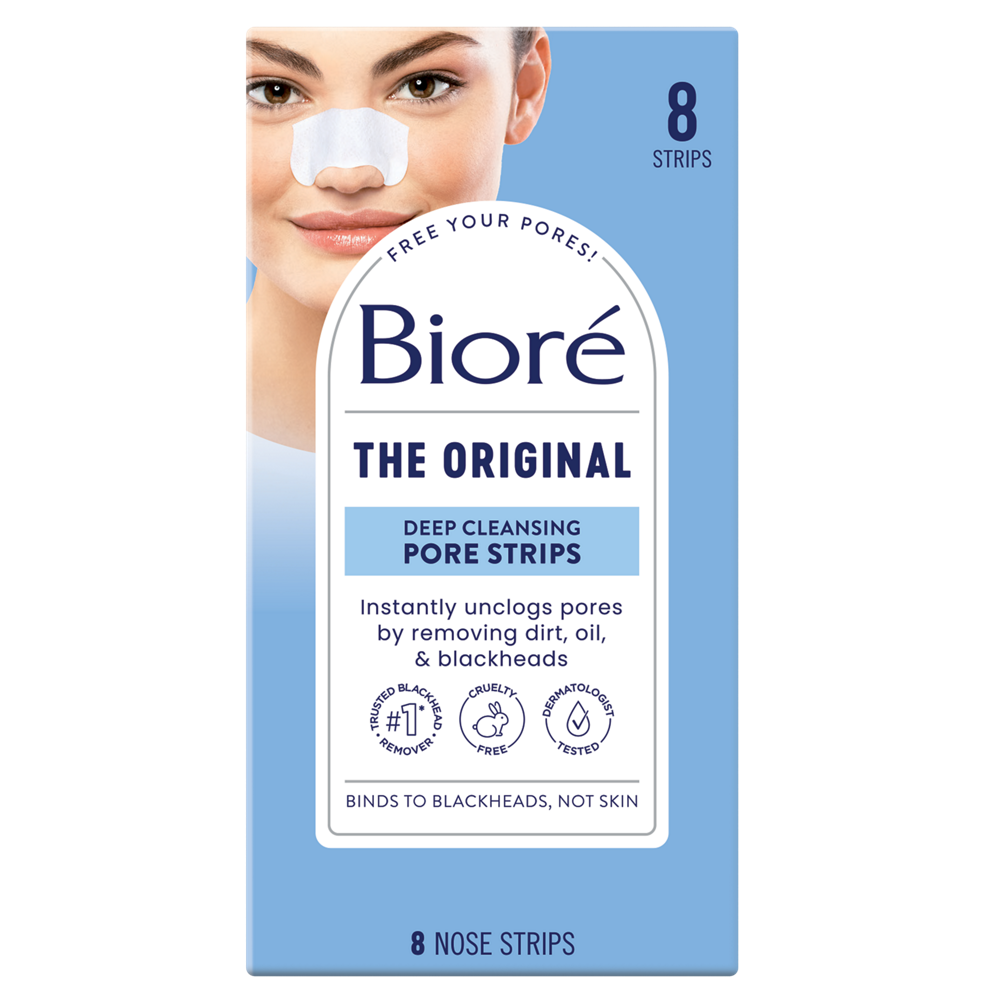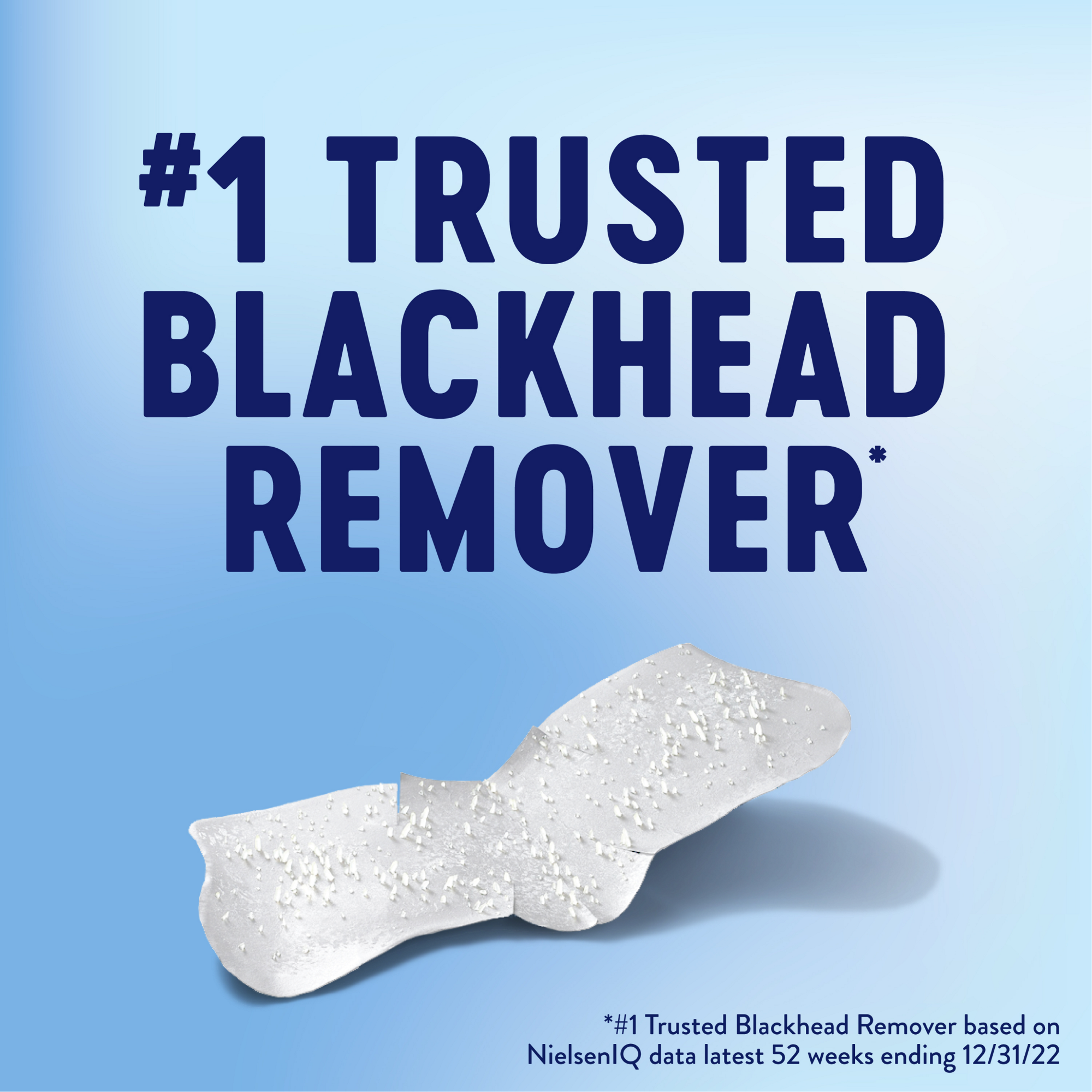Adult Acne: What It Is and How to Treat It

You may have hoped that you left pimples in the past once you transitioned from a teenager to an adult. While acne does tend to be a common problem for teens, the truth is that no one is exempt from breakouts, regardless of their age. Adult-onset acne is a real occurrence that can impact the look and feel of your skin.
If you want to find the right adult acne treatment for you, it's important to understand the causes of adult acne and how to successfully deal with it while preventing more breakouts in the future.
Acne skincare during your adult years is very important. Not only can it improve your comfort and confidence, but it can also help reduce your risks for inflammation, scarring, and skin damage. These tips can put you on the right path to healthier skin with fewer breakouts.
What Is Adult Acne?
While you may certainly look and feel different than you did as a teenager, the acne you're experiencing today is caused by the same issues that lead to pimples during those younger years: the buildup of oil, bacteria, and dead skin cells in your pores.
Adult acne is completely normal and quite common. In fact, some people do not struggle with acne and breakouts at all until they reach adulthood. It can affect anyone, but according to the American Academy of Dermatology, women are more likely to develop adult acne.
While you may certainly look and feel different than you did as a teenager, the acne you're experiencing today is caused by the same issues that lead to pimples during those younger years: the buildup of oil, bacteria, and dead skin cells in your pores.
What Causes Adult Acne?
There are many reasons your skin could be changing, leading to an increase in clogged pores.
1. Shifts in Hormone Levels
Your hormones play an essential role in numerous body systems, and even the slightest changes can affect everything from your heart rate and your digestive system to your mood and your skin. Plenty of factors can influence your hormones, but some of the biggest players are pregnancy, the menstrual cycle, menopause, and high levels of stress. If you're experiencing any of these, you may encounter an influx of breakouts.
2. Skincare or Haircare Products
It's important to be very conscious of anything you apply directly to your hair or skin. Many beauty products contain ingredients that can irritate your skin or clog your pores, resulting in more pimples. This is especially true of products that are rich in oils or aren't made with non-comedogenic ingredients.
3. Hygiene Habits
One of the main causes of adult acne is a lack of a proper skincare routine. Without daily face washing, all of the debris on your skin can settle into your pores and lead to breakouts. However, it isn't just your skin that you need to keep clean; bedsheets, hats, and anything else that touches your skin should be washed on a routine basis to minimize excess oil.
4. Medications and Treatments
Some medications can make you more prone to adult acne, especially ones that impact your hormone levels. This can be true of both prescription and over-the-counter options.
5. Genetic Predispositions
If you have a parent, a sibling, or another close relative who struggled with acne, there's a good chance you will too. Some people are simply more inclined to experience oily skin and clogged pores, resulting in more pimples.
How To Treat Adult Acne
Adult acne can be bothersome, but it is treatable with the right products and techniques. For the best results, create a routine that includes multiple approaches.
- Cleanse Your Face Regularly
Everyone, but especially those with acne-prone skin, should wash their face day and night, as well as after breaking a sweat. This crucial step keeps your pores clean and prevents buildup. Remember not to overwash, because this can dehydrate and irritate your skin. Look for a cleanser with salicylic acid to help you fight oily skin and deep clean your pores.
- Exfoliate Often
Many people neglect this step, but it's crucial for controlling pore buildup. Exfoliating at least once a week will help keep your skin clear while giving it a beautiful glow. Salicylic acid, an alpha hydroxy acid, is a popular chemical exfoliant that's great for adult acne treatment. A facial scrub is also an effective way to clear your pores and slough away dead skin cells.
- Don’t Neglect Moisturizer
If you think using a moisturizer will just add unnecessary oils to your face, think again. Skipping moisturizer in your skincare routine can cause your skin to go into overdrive and produce excess oil, leading to more pimples. Remember, balance is the key to healthy skin. Moisturizing after cleansing can help you maintain proper oil production levels.
Skipping moisturizer in your skincare routine can cause your skin to go into overdrive and produce excess oil, leading to more pimples. Remember, balance is the key to healthy skin.
- Use Pimple Patches
Pimple patches are simple, easy, and can be very effective at treating blemishes. Many are designed to blend in with your skin, making them less noticeable. They're a great spot treatment that offers quick results.
- Look for Products With Salicylic Acid
Salicylic Acid is a popular acne-fighting ingredient because it's so effective in helping many people achieve clearer skin.
- Give Chemical Peels a Try
This skin treatment option uses a chemical solution to remove the top surface layer of your skin. What remains is new, fresh, and vibrant, making chemical peels a great choice for anti-aging benefits. They can also be effective in helping to treat acne. You can schedule a professional one or try it at home yourself.
- Experiment With Blue Light Treatment
Blue light can be used to kill bacteria on the surface of your skin, resulting in fewer pimples and breakouts. This therapy can also help reduce inflammation. If you're new to this technique and want to do it yourself instead of booking an appointment with a pro, be sure to start slow and follow the instructions carefully to avoid irritation and skin damage.
- Add Retinoids in Moderation
Retinoids are vitamin A derivatives that help unclog pores, reduce inflammation, and improve the overall look and texture of your skin. You can buy them over-the-counter or in a prescription form. Be sure to start slowly, as retinoids can irritate your skin at first. They are not safe to use while pregnant, so expectant mothers should search for other alternatives.
- See a Dermatologist
If your adult acne is chronic or severe, you may want to consider seeing a dermatologist. They offer expert advice and have the ability to prescribe stronger treatments, like Accutane. They can also administer cortisone shots, which are typically used to help treat cystic acne.
How To Prevent Adult Acne
Prevention is perhaps the most important step in protecting your skin from acne breakouts. Healthy habits can help keep pimples from forming in the first place. Remember:
- Don’t pick your face; this can damage skin and increase bacterial levels.
- Change bedsheets and pillowcases at least once a week.
- Wash your hats, scarves, and all other fabrics that touch your face on a regular basis.
- Eat a healthy diet that's rich in antioxidants and nutrients; limit processed sugars and fatty foods.
- Find healthy, positive ways to manage stress levels, such as exercise or meditation.
- Wash and moisturize your face on a daily basis.
Adult Acne FAQs
Is adult acne different from regular acne?
No; adult acne is the same as regular acne. All pimples are caused by clogged pores, regardless of age. However, some underlying factors can lead to more pore buildup, resulting in more breakouts. Adult acne just refers to a demographic of people who have this issue.
What is the best acne treatment for adults?
One of the most effective ways to combat adult acne is to wash and moisturize your face twice a day, every day. Look for products that contain acne-fighting ingredients, such as benzoyl peroxide or salicylic acid to help remove buildup and fight acne-causing bacteria. Prioritize your health and care for your body to keep stress and hormone levels under control.
"Look for products that contain acne-fighting ingredients, such as benzoyl peroxide or salicylic acid to help remove buildup and fight acne-causing bacteria."
Does adult acne go away?
Yes, adult acne can go away with a little time and TLC. However, if a nourishing skincare routine and a healthy lifestyle aren't enough, it may be time to see a dermatologist for professional treatment.
Key Takeaways
- Don't be embarrassed by your adult acne; it's a very common issue and a normal part of life.
- Fortunately, there are ways you can treat and prevent it for truly beautiful skin, no matter what your age.
- Prioritize a daily skincare routine that leaves your skin fresh and moisturized for fewer pimples and a complexion that glows.
